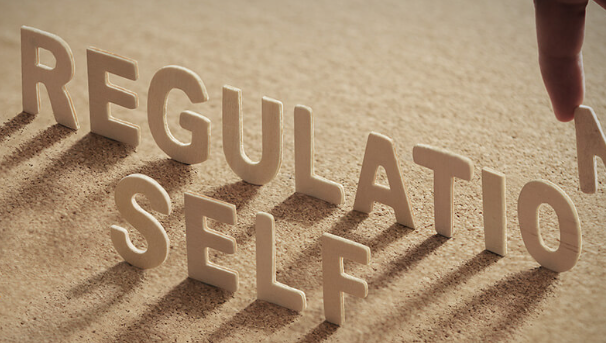Empower Yourself with Effective Self Regulation Training Techniques

In an increasingly fast-paced and demanding world, the ability to self-regulate has emerged as a crucial skill for personal and professional success. Self-regulation, the process of managing one’s thoughts, emotions, and behaviors in pursuit of long-term goals, enables individuals to stay focused, resilient, and adaptable amidst challenges. This article, “Empower Yourself with Effective Self Regulation Training Techniques,” delves into practical strategies that can enhance your self-regulatory capabilities, fostering greater emotional intelligence and decision-making prowess. By mastering these techniques, you can cultivate a deeper awareness of your own triggers and responses, allowing for more mindful interactions and improved stress management. Whether you are a leader aiming to inspire your team, a student striving for academic excellence, or an individual seeking personal growth, these tools will empower you to navigate life’s complexities with confidence and composure. As we explore various training methods, from mindfulness practices to goal-setting frameworks, we aim to equip you with the resources necessary to harness the power of self-regulation. Ultimately, the journey toward effective self-regulation is not merely about discipline; it is about unlocking your potential to achieve your aspirations while maintaining balance and well-being.
Understanding Self Regulation Training Principles
Self Regulation Training encompasses a series of principles designed to enhance individual control over thoughts, emotions, and behaviors. By engaging in systematic practices, individuals learn to identify their triggers and responses, allowing for intentional adjustments in their reactions. This training emphasizes the importance of self-awareness, which serves as the foundation for effective self-regulation. Through techniques such as mindfulness and cognitive restructuring, participants can cultivate a deeper understanding of their internal states and develop adaptive strategies that contribute to improved emotional and behavioral outcomes.
Furthermore, the principles of Self Regulation Training underscore the significance of goal setting and self-monitoring. By establishing clear, achievable objectives, individuals are better equipped to evaluate their progress and make necessary adjustments along the way. This proactive approach fosters resilience and promotes a growth mindset, empowering individuals to navigate challenges with greater confidence. Ultimately, integrating these principles into daily practice can lead to lasting improvements in personal effectiveness and overall well-being.
Practical Techniques for Daily Application
the integration of self-regulation techniques into everyday life. Daily practices such as journaling can enhance self-reflection, allowing individuals to track their emotional responses and identify patterns over time. Additionally, incorporating brief mindfulness exercises into routine activities—such as deep breathing or body scans—can effectively ground individuals in the present moment, reducing impulsive reactions and fostering a sense of calm.
Engaging in regular self-assessment through tools like mood charts or progress trackers can reinforce the principles of self-regulation by providing tangible evidence of personal growth and areas needing improvement. By consistently applying these techniques, individuals can enhance their capacity for self-regulation, leading to more balanced emotional responses and improved decision-making in various aspects of life.
Measuring Progress and Maintaining Consistency
Measuring progress through self-regulation training is essential for fostering growth and developing a deeper understanding of one’s behavioral patterns. By employing quantifiable metrics such as goal-setting frameworks and regular reflection sessions, individuals can gain insight into their journey and identify the effectiveness of the techniques they utilize. This systematic approach facilitates accountability and encourages consistency, which are crucial for long-term success in self-regulation endeavors.
Maintaining consistency in applying self-regulation strategies is equally important, as it builds a routine that supports sustainable behavioral change. Incorporating reminders or creating a structured schedule can significantly enhance adherence to these practices. Moreover, celebrating small victories along the way can motivate individuals to stay committed to their self-regulation training, reinforcing the positive effects of their efforts and cultivating a mindset geared towards continuous improvement. Through diligent measurement and consistent application of self-regulation training techniques, individuals can achieve lasting transformation in their emotional and behavioral responses.
In conclusion, effective self-regulation training techniques serve as essential tools for personal and professional growth. By adopting strategies such as mindfulness, goal setting, and emotional awareness, individuals can enhance their ability to manage behaviors, emotions, and thoughts in a constructive manner. As we navigate an increasingly complex world, the capacity for self-regulation not only fosters resilience but also empowers us to make informed decisions and cultivate healthier relationships. Embracing these techniques can lead to long-term benefits, enabling us to achieve our goals and ultimately enhance our overall well-being.



